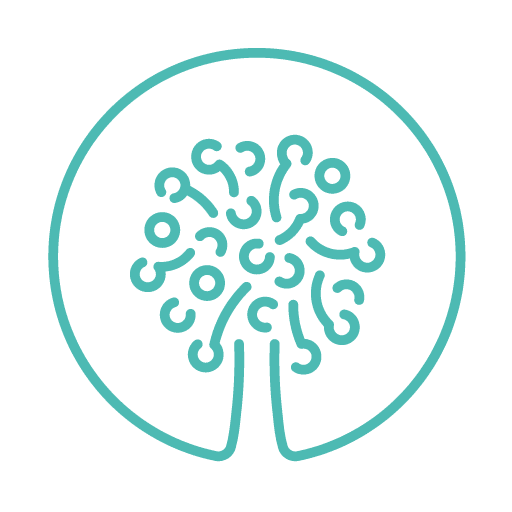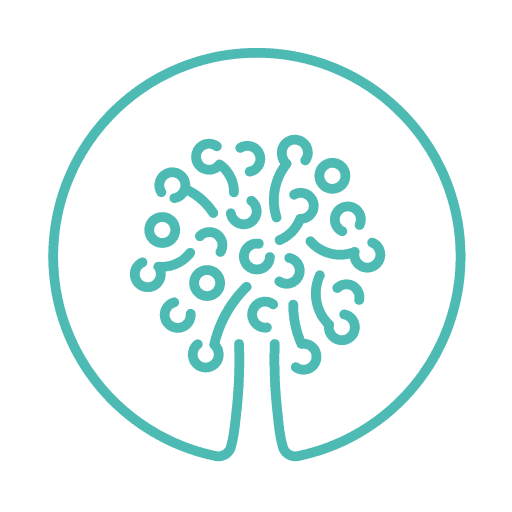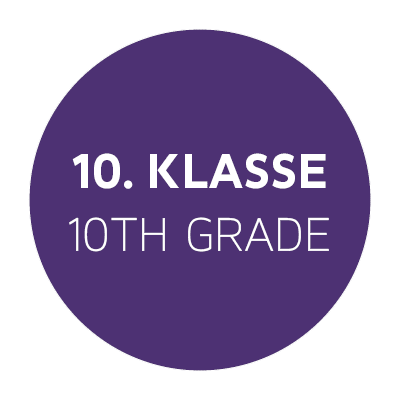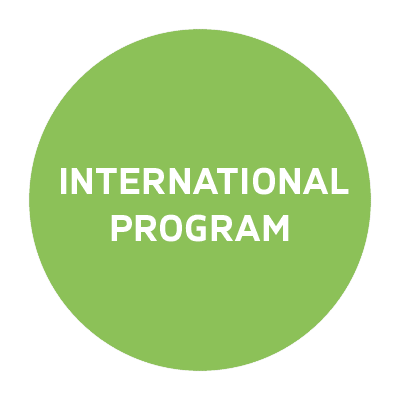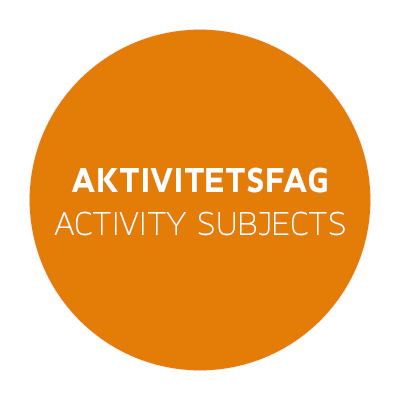Danish 1st
Subject purpose for the subject Danish: In Danish, students will develop their experience and understanding of literature and other aesthetic texts, specialised texts, language and communication as sources for the development of personal and cultural identity. The subject shall promote students' empathy and their aesthetic, ethical and historical understanding. Paragraph 2. In Danish, students should strengthen their mastery of the language and promote their desire to use the language personally and diversely in interaction with others. Students should develop an open and analytical attitude towards contemporary and other periods and cultures' forms of expression. In Danish, students should develop their joy of expression and reading and improve their empathy and insight into literature and other aesthetic texts, specialised texts, language and communication. Paragraph 3. In Danish, students should have access to the Scandinavian languages and the Nordic cultural community.
Skills and knowledge objectives For a complete description of the subject's skills and knowledge objectives, please refer to the Ministry of Education's website: https://emu.dk/grundskole/dansk
This year
Organisation: Learning and conceptual content is based on differentiated teaching, taking into account the students' competences and thereby promoting the individual student's abilities and opportunities as much as possible. Danish lessons are divided into 3 levels, providing appropriate challenges for all students. The main emphasis in teaching is on the interplay between analytical approach, assessment and choice of action - individually and collectively. The daily learning processes are based on education and democracy, in which students engage critically and constructively with the subject matter and, not least, with each other. We work with broader and more complex contexts in connection with sound, texts, and other forms of expression.
Professional fabric: During the school year, we will introduce the student to a wide selection of older and newer prose, poetry and non-fiction texts. In 9th grade, we work with 3 main works; 2 Danish novels and a Danish feature film. In 10th grade we will work with 2 main works; 1 Danish novel and 1 Danish feature film. In addition, we will work with other multimodal forms of expression such as short films, documentaries, podcasts, webdocs, etc.
Interdisciplinary topics: At the beginning of the year, we will teach the same texts and films in all 9th and 10th grades, so we can find the right level for each student. We will start by working with the theme "SoMe - see me!". The purpose of this theme is to focus on the students' critical and ethical perspective in relation to reflecting on the actions behind making a choice and thereby help develop the students' democratic education. After level division, the individual Danish teacher, together with the students, will organise the teaching to reflect the level and composition of the class. The organisation of the teaching will focus on life education, popular education and democratic education. We aim for students to experience and understand themselves as part of a multicultural society by challenging them to see themselves in relation to the global world.
In the spring, the students will be travelling on a cultural studies trip. As a prelude to the trip, we are working with the genre of reportage. All students will present their journey in a travel report focussing on the UN's Sustainable Development Goals and, not least, life education. Throughout the year, we will work with many different topics and genres, such as Romanticism, short films, reality, literary history, reportage, authorship, Danishness, making a choice, etc. By working with many different topics and genres, students gain insight into how to understand the world through texts and expand that understanding through different perspectives. In class, we will work with several different approaches to topics and genres, such as group work, presentations, debates, preparation of own productions, etc. In the interplay between teaching approaches and topics/genres, we aim to encourage students in the Danish subject to become democratically educated and to gain understanding and insight into popular enlightenment and life education. At the end of April, we will have an academic review of the year and focus on the upcoming exams.
End of the year: At the end of the period, the students will start writing synopses and here the actual teaching of Danish is therefore replaced by guidance.
Test form: Written and oral exams in Danish are taken in 9th grade. The preparation takes place in the last part of the teaching period. The student chooses an area of specialisation based on the given texts that have been worked on during the school year. Then, in consultation with the teacher, the student chooses their test paper. For preparation, there are 10 counselling hours per class, which are scheduled. There is a written and oral exam in Danish in 10th grade. The student chooses an area of specialisation based on the given texts. Then, in consultation with the teacher, the student chooses their test paper. For preparation, there are 10 counselling hours per class, which are scheduled.
Trainers: AS, LE, LR, MPM, MS, MSP, SF, SMT, KM, CA, JG, LH, MBJ, MSA, NAS
Danish 2nd
A large group of students come to Ranum Efterskole with no knowledge of the Danish language, including students from Thailand, Mexico, USA and others. These students are taught Danish from scratch with a focus on being able to use the Danish language at an everyday level and gaining an understanding of Danish culture and traditions. The goal is that by the end of the school year, these students can understand parts of both written and spoken Danish. Students in this class do not take a Danish exam.
Teacher: CA, JG
Expats
The purpose of the course: Since Danish expat should equip students to be able to take exams in Danish, if they choose to do so, we follow the Ministry of Education's indicative skills and knowledge objectives for the subject Danish. In addition to gaining knowledge of the various genres and models of analysis in Danish, students will gain an insight into Danish culture and society through the fictional, academic and other aesthetic texts that we will be working with. Students will also be equipped to understand and participate in Danish society with knowledge of rules, norms and unwritten rules, having lived most of their lives abroad.
The teaching is organised in such a way that 2 out of 3 lessons per week are devoted to preparing the student for the Danish exam through teaching and immersion in the different genres of Danish. Here we will analyse texts, films, articles, etc. In 1 out of 3 lessons, we focus on improving the students' Danish language skills. This is done in the form of reading and writing exercises, reading aloud, grammar exercises, etc.
Sample form For those students who choose to take the exam, we follow the Ministry of Education's school leaving exam for Danish in 10th grade.
Teacher: MSA


